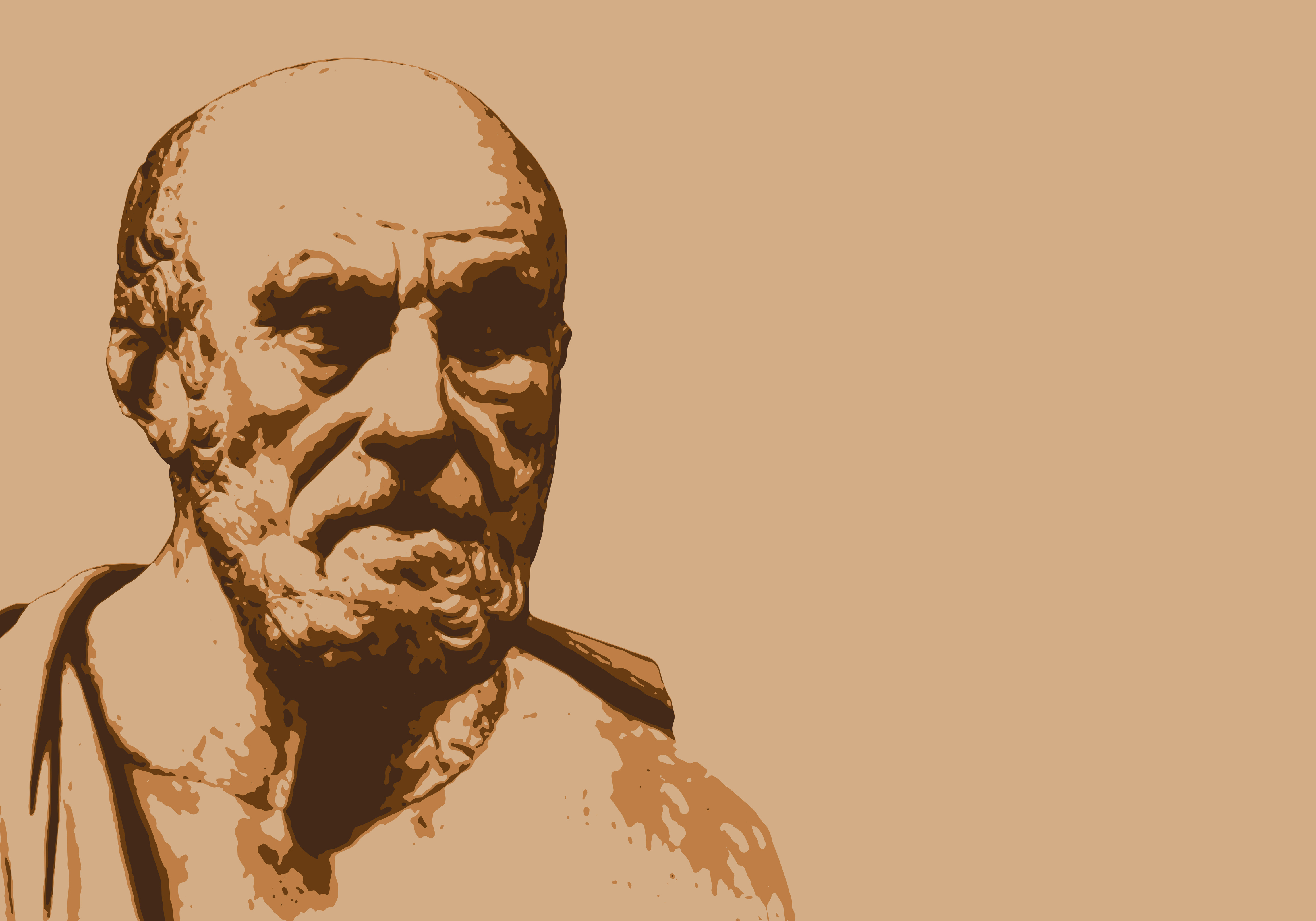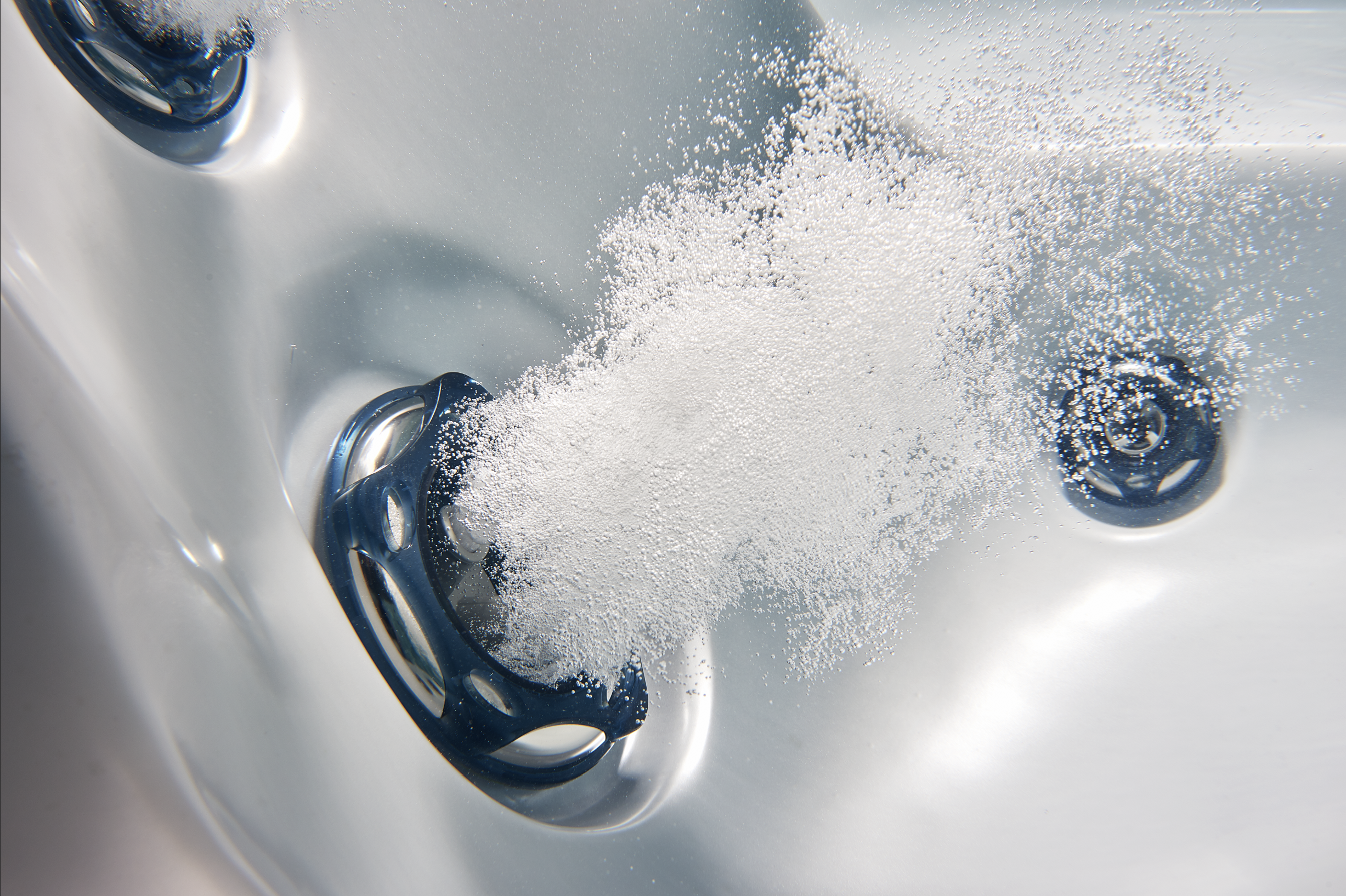Given the long relationship between Greece and water therapy, it comes as no surprise that the earliest contributor to hydrotherapy as we know it was a Greek philosopher. Hippocrates, born in the 4th century B.C., spent a lot of his life studying the effects of water on the human body. Where Ancient Egyptians used water for hygiene and relaxation, Hippocrates main focus was on restoring balance in those who were sick.
Who is Hippocrates?
Hippocrates is known as the Father of Medicine. He was a physician and teacher during his time and has been accredited with several treatments and theories. The Hippocratic Corpus is a compilation of numerous treatments he is said to have developed or influenced. Hippocrates is commended for his role in setting ethical standards within the medical field and is very well known for the Hippocratic Oath.
Much of his focus was on the human body and the diseases that can affect them. He believed that a lot of what caused disease was an imbalance within. A lot of the information we have about Hippocrates was recorded by those around him, such as his student Plato, or those who lived after him. He had a lot of influence on the development of medicine during his life and after.

Hippocrates Treatment
Hippocrates’ belief that internal imbalance is what caused disease and illness was a key drive in him developing his treatment methods. At the time, four humors, or bodily fluids, were identified as potential causes for an imbalanced body. In order to rebalance one of these humors, various techniques were developed. Some of these were quite intrusive on the patient’s body, so Hippocrates formulated his own treatment. He believed there were four steps everyone should follow to promote a healthier life:
- Bathing: Hippocrates found that cold and warm waters had a positive impact on the body. It is quoted in the Hippocratic Corpus that he said, “the water can cure everything”. He recorded how different illnesses had different responses depending on the water temperatures and properties, noting that some reacted well to hot water while others improved because of cold-water bathing. When we explored the Ikaria spas, we learned that the thermal springs throughout Greece had varying properties, making it much easier for Hippocrates to treat and advise patients.
- Perspiration: After bathing, Hippocrates would recommend perspiring to his patients. He found that sweating would aid in balancing the internal bodily fluids. It was also a way to regulate body temperature, so helped with high fever illnesses.
- Walking: Hippocrates considered walking one of man’s best medicines. Walking is a simple form of exercise that boasts many benefits. It was an easy way for unwell patients to raise their heart rate and improve overall health. His claims are backed up by numerous medical findings up until today.
- Massaging: One of the first to use massage as a medical treatment, Hippocrates treated his patients with a technique called ‘friction’ if they presented with physical injuries.
Hippocrates prescribed this to many of his patients, with different bathing types and massages depending on their illness. He taught it to his students throughout the years, and for the centuries after his death his findings regarding hydrotherapy grew in popularity. Much of what is known about it today originated from Hippocrates’ time, and it influenced many of the civilizations that followed. For instance, the Romans began to build bathhouses for the public to receive ‘spa’ treatments to help with joint and muscle repair in the second century B.C. England and Germany began seeing thermal spas appear nearly geothermal springs in the early centuries A.D.
Be the first to read the next stage in the Evolution of Hot Tubs by downloading our infographic and signing up to our newsletter!











